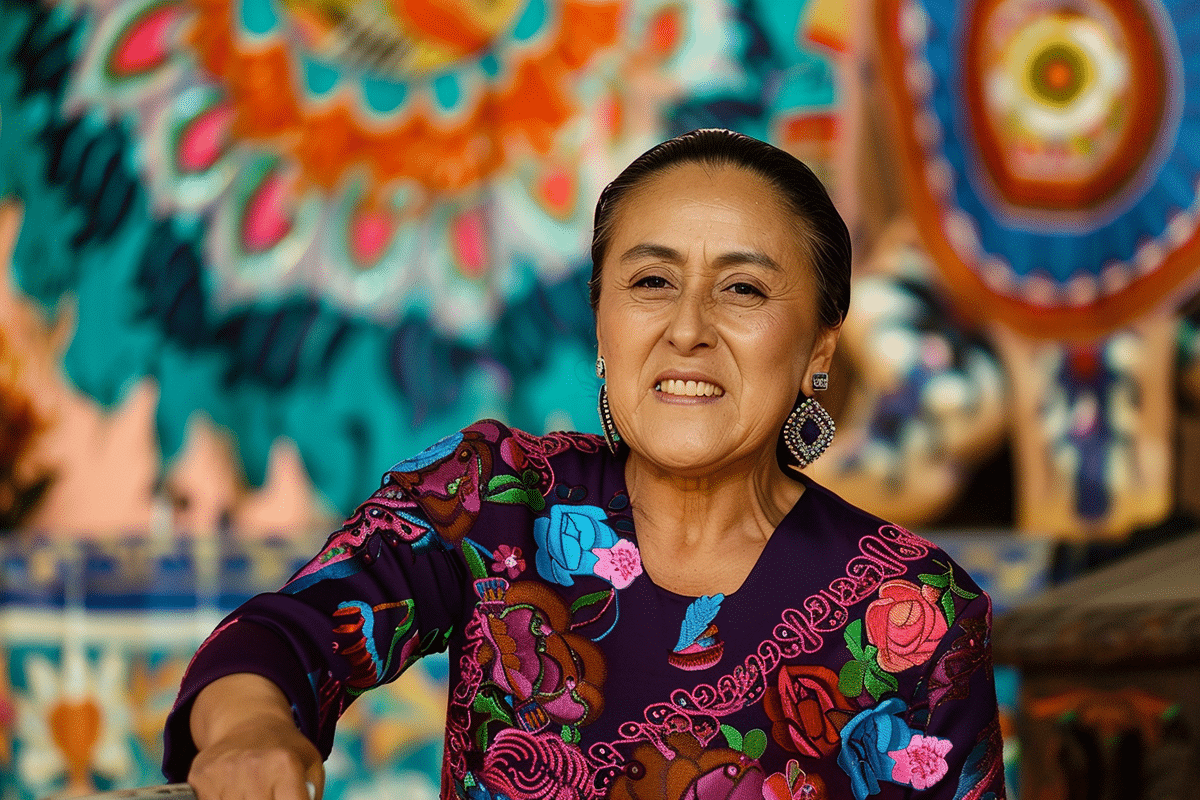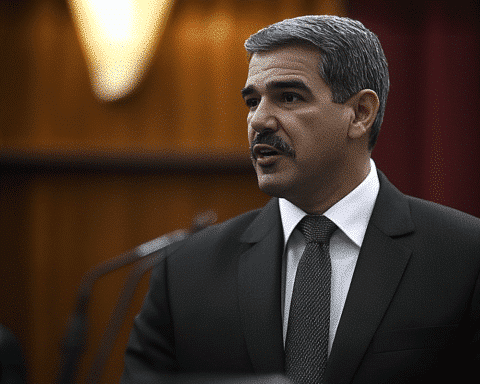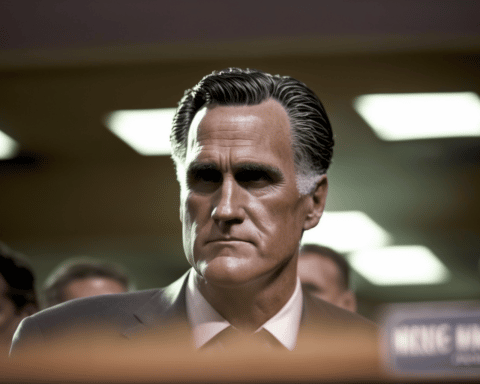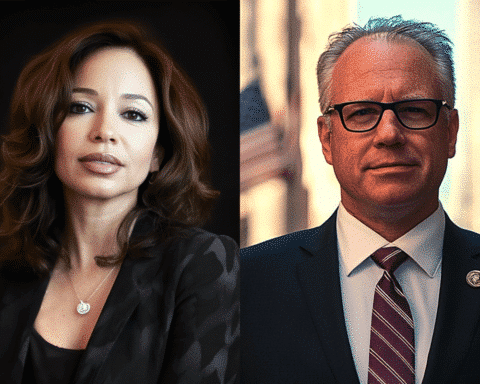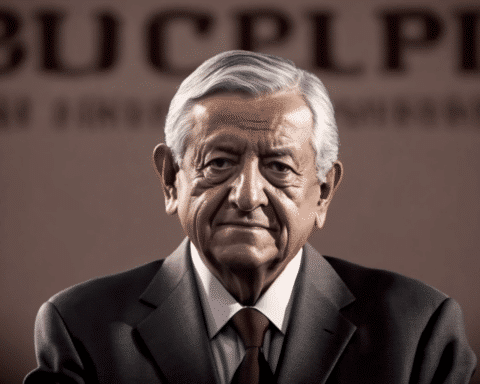As Claudia Sheinbaum prepares to assume office as Mexico’s next president, she confronts a nation deeply divided by persistent cartel violence, economic strains, and the looming shadow of her predecessor, Andrés Manuel López Obrador. Amidst these complexities, analysts pinpoint three pivotal challenges that will shape her administration: fiscal constraints, the imperative for dialogue, and the reverberations of the upcoming U.S. presidential election.
The transition from López Obrador’s tenure to Sheinbaum’s promises to be intricate. While López Obrador pledges non-interference, his influence lingers as he retains key officials, signaling continuity in certain policies. However, Sheinbaum’s mandate emphasizes unity over division, a departure from López Obrador’s populist leadership style.
A significant economic hurdle facing Sheinbaum is the pressing need for fiscal reform. With a substantial deficit of nearly 6%, sustaining her predecessor’s popular social programs poses a challenge amidst declining oil revenues. Mexico’s state-owned oil company, Pemex, symbolizes nationalism but grapples with financial losses, highlighting the necessity for economic diversification despite Sheinbaum’s support for the oil industry.
The outcome of the U.S. presidential election looms large over Mexico’s political landscape. Sheinbaum’s understanding of U.S. politics and her fluency in English suggest potential for improved diplomatic relations, yet uncertainties persist, particularly concerning immigration and security policies. The re-election of President Joe Biden or a return to power by former President Donald Trump will significantly influence Mexico’s approach to issues ranging from trade to immigration.
Addressing Mexico’s endemic violence poses a formidable challenge for Sheinbaum. While analysts advocate for strengthening civilian institutions, López Obrador’s preference for militarization raises concerns about human rights and accountability. Sheinbaum’s stance on the military’s role remains unclear, underscoring the complexity of navigating security policies in a country plagued by violence.
Politically, Sheinbaum’s Morena party’s congressional majority provides both opportunities and risks. With the power to amend the constitution, Sheinbaum could enact significant reforms, yet concerns linger regarding checks on executive power and judicial independence. Upholding the separation of powers will be crucial in ensuring a robust government that safeguards democratic principles.
Despite the challenges ahead, Sheinbaum’s resounding victory in the recent election affords her considerable autonomy. Freed from the need for coalition-building, she possesses the agency to pursue her agenda independently. However, navigating the intricacies of Mexican politics, including managing dissent and ensuring accountability, will require deft leadership.
As Sheinbaum embarks on her presidency, the eyes of the nation are upon her. Her ability to address Mexico’s pressing challenges—fiscal, diplomatic, and political—will define her legacy and shape the trajectory of the nation for years to come. In a country grappling with profound divisions and entrenched problems, her leadership offers both hope and uncertainty as Mexico stands on the cusp of a new era.
